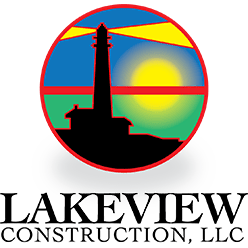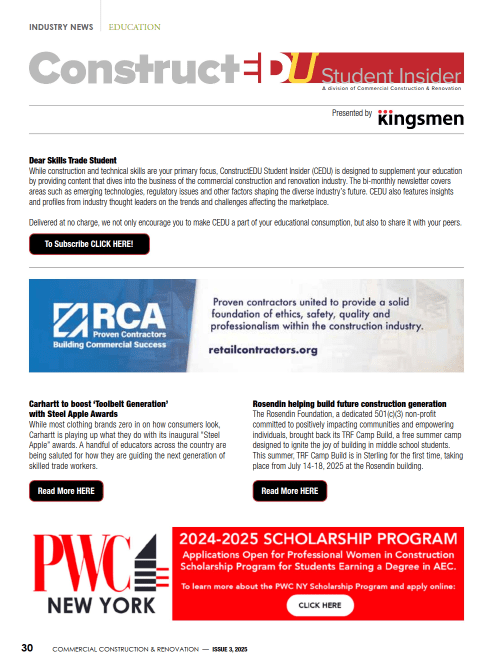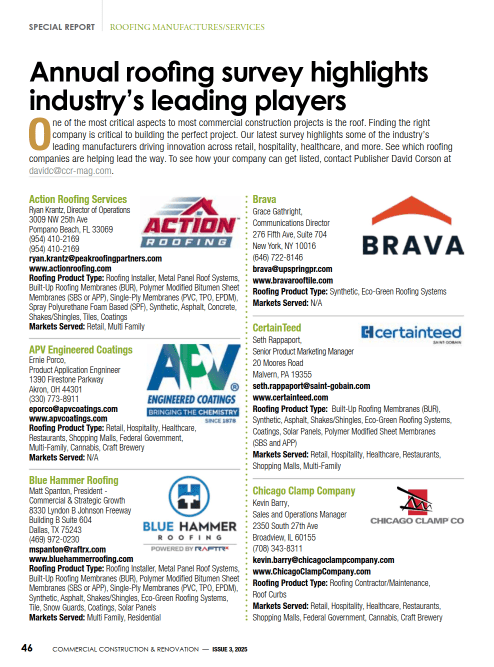Commercial equity loans are loans that allow you to use the equity in your property to obtain cash. Private lenders can also offer these loans, which are usually offered by banks. Business owners who need extra funds to pay their bills or expand the business can also benefit from commercial equity financing. We recently spoke with Toronto-based Commercial and Home Equity Loan Lenders at Homebase Mortgages to get a detailed understanding of the benefits and considerations with these types of loans.
The terms and conditions of a commercial equity will vary depending on who is lending the money, but in general the loan is secured by the real estate. Its amount will also be determined by the equity value. The loan could also have an interest rate that is fixed or variable and require a deposit.
The Basics
You may need to borrow money to repair or renovate your commercial property or to buy a new property as an investment. You can use commercial equity loans to access the equity in your property to obtain cash. Private lenders can also offer these loans, which are usually offered by banks. Business owners who need extra funds to pay their bills or expand the business can also benefit from commercial equity financing.
What You Need to Know
You may need to borrow money to repair or renovate your commercial property or to buy a new property as an investment. You can use commercial equity loans to access the equity in your property to obtain cash. Private lenders can also offer these loans, which are usually offered by banks. Business owners who need extra funds to pay their bills or expand the business can also benefit from commercial equity financing.
A Quick Overview:
- Purpose: These loans cover the cost of constructing or substantially renovating a commercial building, including acquisition of land, construction and other related expenses.
- Equity-Based: The equity in the land or property determines the amount of the loan. This means that the lender will assess the value of the asset to determine the amount.
- Flexibility: The loan can be customized to meet the needs of an individual business. This includes repayment terms, interest rate, and other conditions.
- Quick Approval Traditional lending channels can be sped up by using a simplified approach based upon asset value.
How do they work?
- Equity Analysis: To determine eligibility for a loan, lenders will assess your equity in land or property.
- Structure of the Loan: Loan structures are tailored to your specific project funding needs.
- Schedule of Disbursements: The funds are usually disbursed according to a schedule that has been pre-arranged or after certain milestones have been met.
- Exit Strategy: A key consideration is the exit strategy. This could be repaid by standard financing, or through the sale of an asset.
Benefits:
- Funding Large Projects: Construction loans are a great way to fund large projects which may be difficult or impossible to finance using traditional lending channels.
- Customized Financing: The loan can be tailored to meet the needs of an individual business. This allows for flexibility with repayment terms, interest rate, and other conditions.
- Faster approvals: Equity-based lending can result in faster approvals than traditional channels.
- Flexibility: You can adjust the funding to your needs and project as it progresses.
Considerations:
- Experience of the Borrower and Net Worth: The lender will evaluate the borrower’s experience, their net worth and liquidity.
- Location and quality: It is important to consider the location and quality of a site, particularly for CMHC financing.
- Feasibility of the Market: The market feasibility is a key factor for CMHC funding.
- Exit strategy: It is important to have a clearly defined exit strategy when it comes to the construction loan.
Commercial Equity Lines of Credit vs. Commercial Equity Loans
AJ Mekunnel, an Equity Lending Specialist with Mortgage Central Canada explains the difference: “Most commercial equity loans offer up to 75% loan-to-value (LTV), and lenders offer a variety of terms. Commercial Equity Line of Credit (CELOC), while good for most borrowers, may be better in certain cases.
Commercial equity lines of credits offer a revolving credit line that borrowers can access at any time within a predetermined period. A borrower may withdraw as much money as they want during this period which usually lasts from 5-10 years. The borrower will have to pay back the loan within a certain time period. CELOCs can be a good option for those who don’t know how much equity to borrow, but still want access to funds when needed”.
The CMBS Cash-Out Refinancing May be Best for Larger Properties
CMBS loans (commercial mortgage backed securities) are a great option if you need a loan for $2 million or higher and want some cash. CMBS are asset-based loans, which means they do not have stricter financial requirements. CMBS loans are similar to traditional commercial equity financing, offering up to 75% LTV. CMBS financing is fixed-rate and offers very competitive rates.
What are the advantages of a commercial equity loan?
A commercial equity loan allows you to use the equity that you have built in your property to obtain cash. Private lenders can also offer these loans, which are usually offered by banks. Business owners who need extra funds to pay their bills or expand are also well suited for commercial equity financing. Commercial equity loans typically offer up to 75% loan-to-value (LTV), and lenders offer a variety of terms.
CELOCs (commercial equity lines of credit) are another option. Commercial equity lines of credits offer borrowers an revolving credit line that they can access at any time within a predetermined period. A borrower may withdraw as much money as they want during this period which usually lasts from 5-10 years. The borrower will have to pay back the loan within a certain time period. CELOCs can be a good option for those who don’t know how much equity to borrow, but still want access to funds when needed.
What are the conditions for a commercial equity?
The requirements of a commercial equity loans vary according to the lender. You will generally need to show proof of income and have a minimum credit score of 650. A 20% down payment is also required. Additional documentation may be required, such as a tax return, financial statement, or business plan. The loan amount and conditions will also depend on the property’s value and the lender’s risk assessment.
What are the risk associated with a commercial loan?
A commercial equity loan comes with risks, including the possibility of foreclosure in the event you cannot make payments. There is also the risk of a decline in value. If the loan isn’t structured correctly, you could be charged higher fees or interest rates. Before signing any documents, it is crucial to fully understand the terms and conditions of the loan.

































